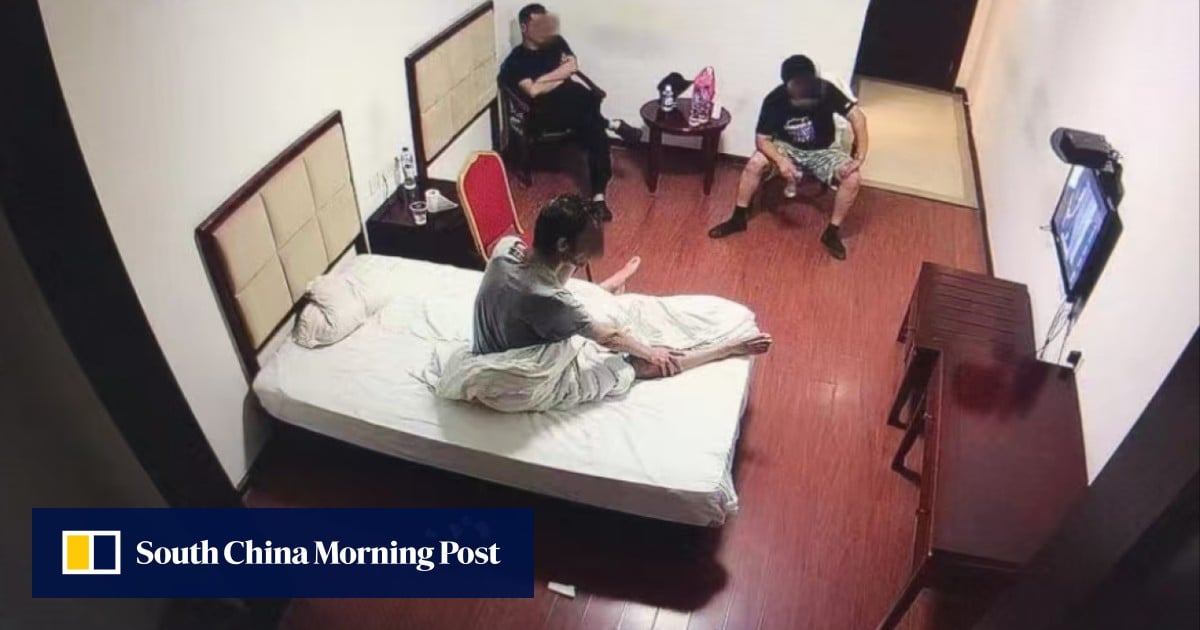
Advertisement
There has been no official announcement of the changes. But last month, a leaked file of new guidelines circulated online, adding supervision and restricting the way the measure, known as residential surveillance at a designated location (RSDL), is approved and executed.
RSDL was originally included in China’s Criminal Procedure Law in 1979 as a form of mild restriction of personal freedom, similar to house arrest.
Over the years, it has been frequently used by police in organised crime and state security cases, and later expanded to less serious crimes, with suspects often locked up in special facilities and tortured.
Advertisement
China’s legal community has tried repeatedly to address the issue. As early as 2015, Sun Qian, then deputy prosecutor general of the Supreme People’s Procuratorate, said in an article that some local governments regarded RSDL as a convenient tool for solving cases, favouring its use because it isolated the suspects, prevented them from receiving outside information and occupied all of their time.


